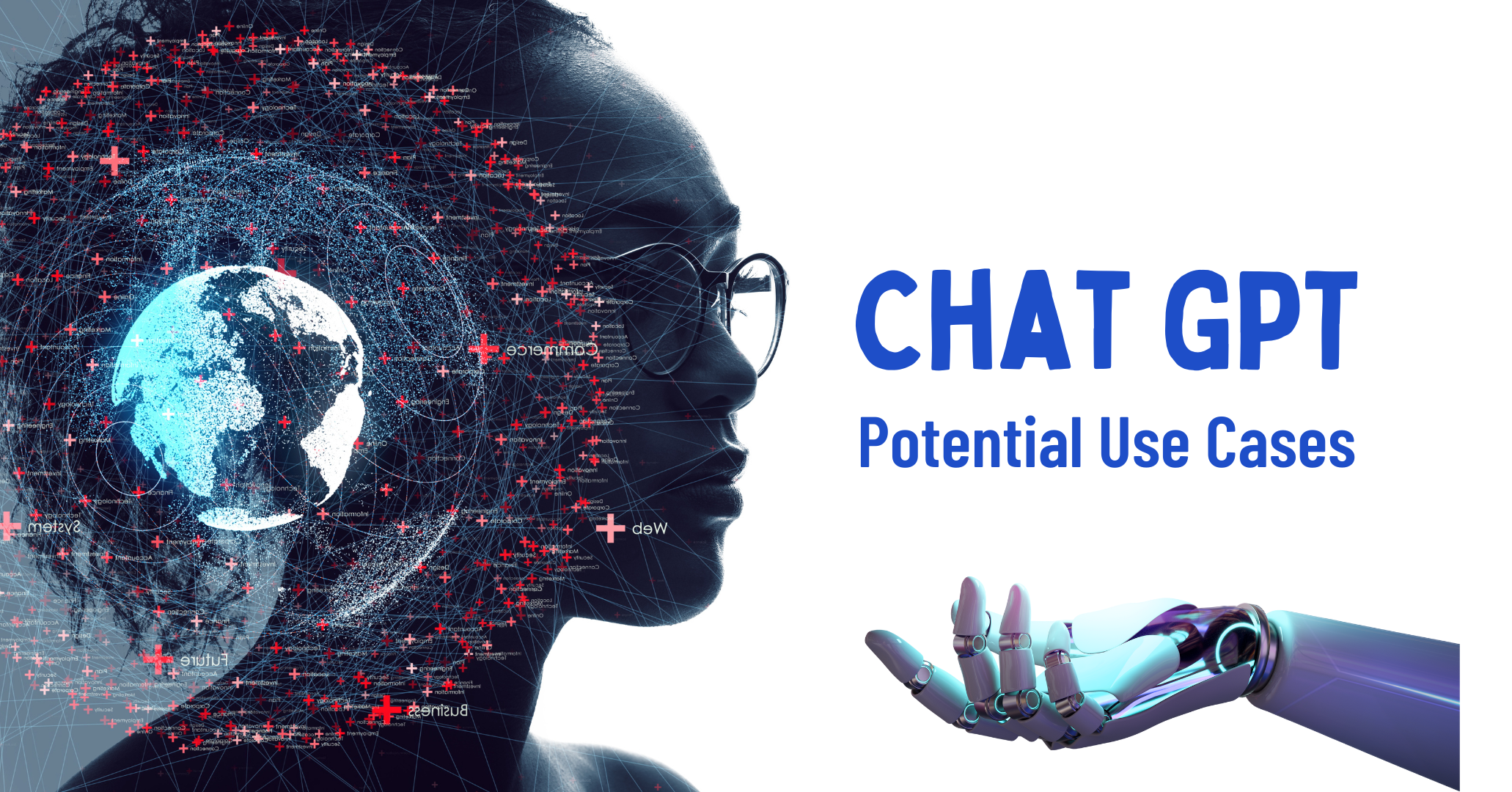- Get link
- X
- Other Apps
Artificial Intelligence (AI) is one of the most rapidly developing fields in technology today. With advancements in machine learning, natural language processing, and computer vision, AI has the potential to revolutionize the way we live and work. From self-driving cars to virtual personal assistants, AI is already impacting our daily lives in ways we never thought possible. However, with the rapid development of AI comes a number of concerns and challenges, including ethical considerations, job displacement, and the possibility of unintended consequences.
 |
One of the most significant applications of AI is in the field of machine learning. Machine learning is a type of AI that allows computers to learn from data without being explicitly programmed. This is achieved through the use of algorithms that can identify patterns in data and make predictions or decisions based on that data. Machine learning is being used in a wide range of industries, including healthcare, finance, and manufacturing, to improve efficiency and accuracy. For example, in healthcare, machine learning algorithms are being used to analyze medical images and make diagnoses, while in finance, they are being used to detect fraudulent transactions.
Another major application of AI is natural language processing (NLP). NLP is a branch of AI that deals with the interaction between computers and human language. This includes tasks such as speech recognition, language translation, and text generation. NLP is becoming increasingly important as more and more of our interactions with technology take place through natural language, such as voice commands and chatbots. NLP is also being used in industries such as customer service, where chatbots and virtual assistants are being used to handle simple inquiries and tasks.
Computer vision is another area where AI is making significant advancements. Computer vision is the ability of computers to interpret and understand visual information, such as images and videos. This includes tasks such as image recognition, object detection, and facial recognition. Computer vision is being used in a wide range of applications, including surveillance, self-driving cars, and robotics. For example, self-driving cars use computer vision to perceive their surroundings and make decisions about when to stop, turn, or change lanes.
However, as AI continues to develop, there are a number of concerns and challenges that need to be addressed. One major concern is the potential for job displacement. As machines become better at performing tasks that were previously done by humans, there is a risk that many jobs will be automated and people will be left without work. This is a particularly pressing issue in industries such as manufacturing and transportation, where automation has the potential to disrupt entire sectors.
Another concern is the ethical implications of AI. As AI becomes more sophisticated, it raises a number of ethical questions, such as how to ensure that AI systems are used for the benefit of society and how to prevent unintended consequences. For example, there are concerns about the use of AI in areas such as surveillance and military applications, where there is a risk that the technology could be used to violate people's privacy and civil liberties.
Finally, there is the risk of unintended consequences. As AI becomes more advanced, it is increasingly difficult to predict how it will behave in complex real-world situations. This raises the risk of unintended consequences, such as accidents or malfunctions, which could have serious consequences.
In conclusion, AI is one of the most rapidly developing fields in technology today and has the potential to revolutionize the way we live and work. However, as AI continues to develop, there are a number of concerns and challenges that need to be addressed, including job displacement, ethical considerations, and the risk of unintended consequences. It is important that we continue to explore these issues and work towards solutions that will ensure that AI is used for the benefit of society.
- Get link
- X
- Other Apps
Comments
Post a Comment